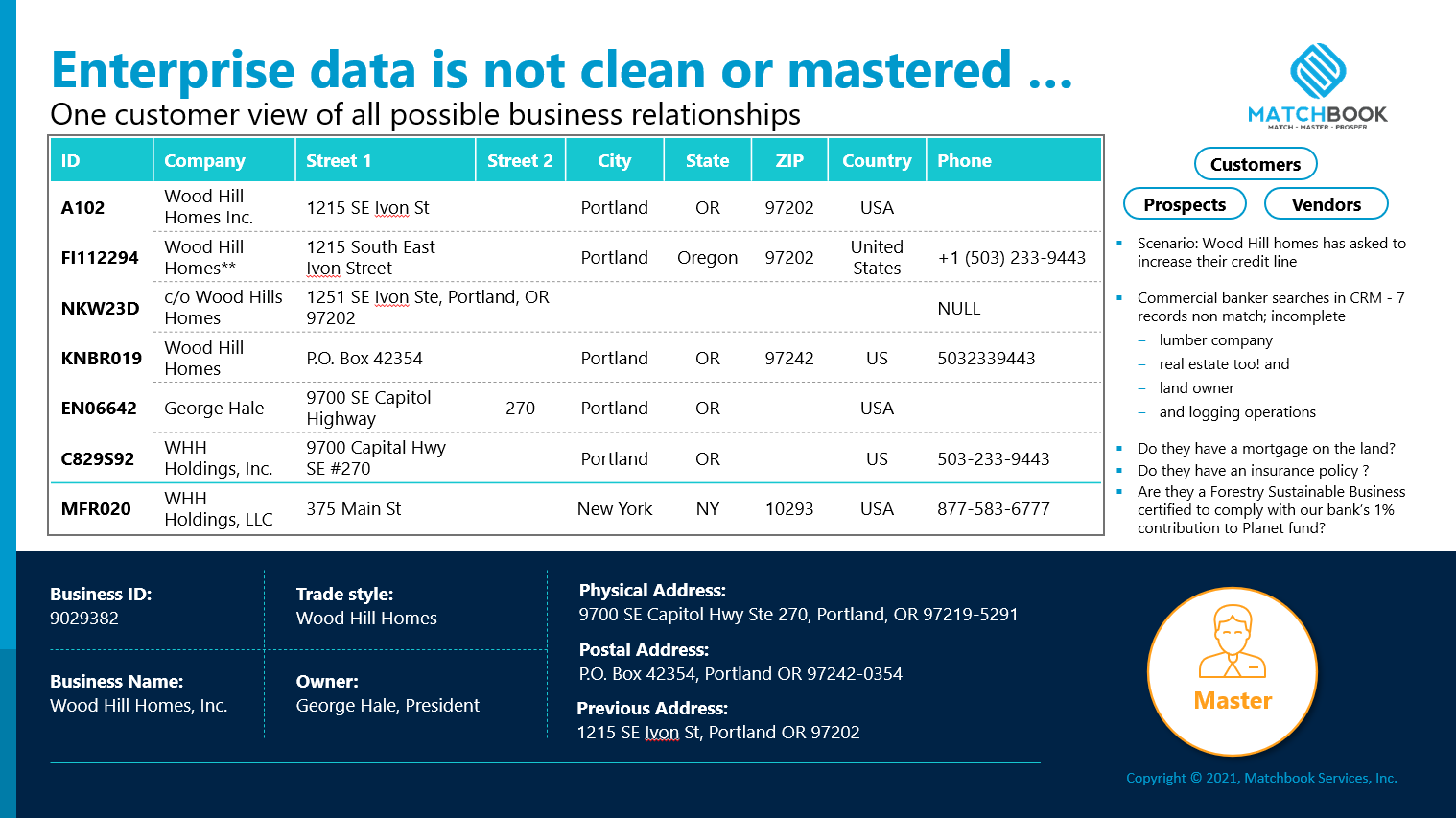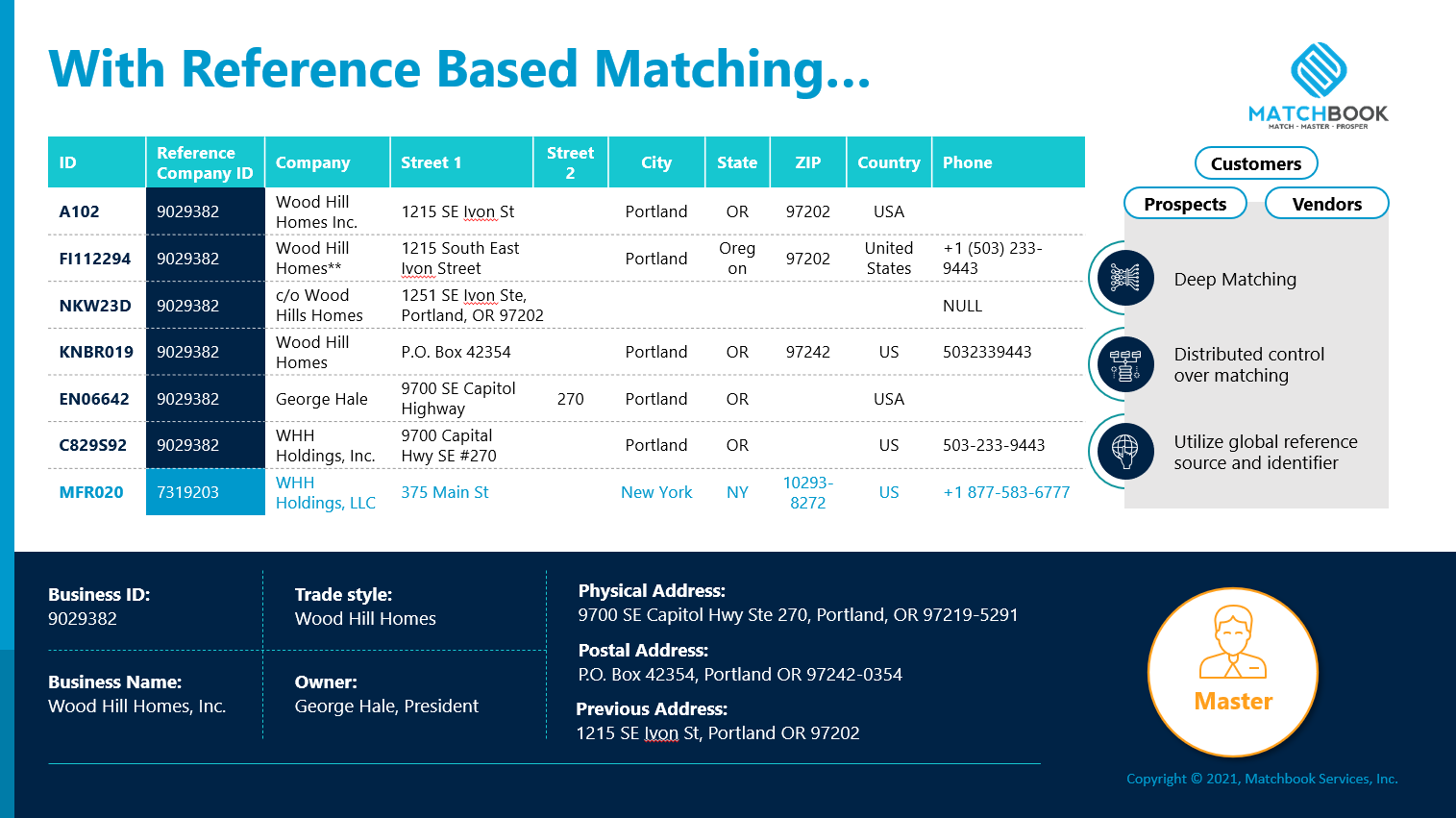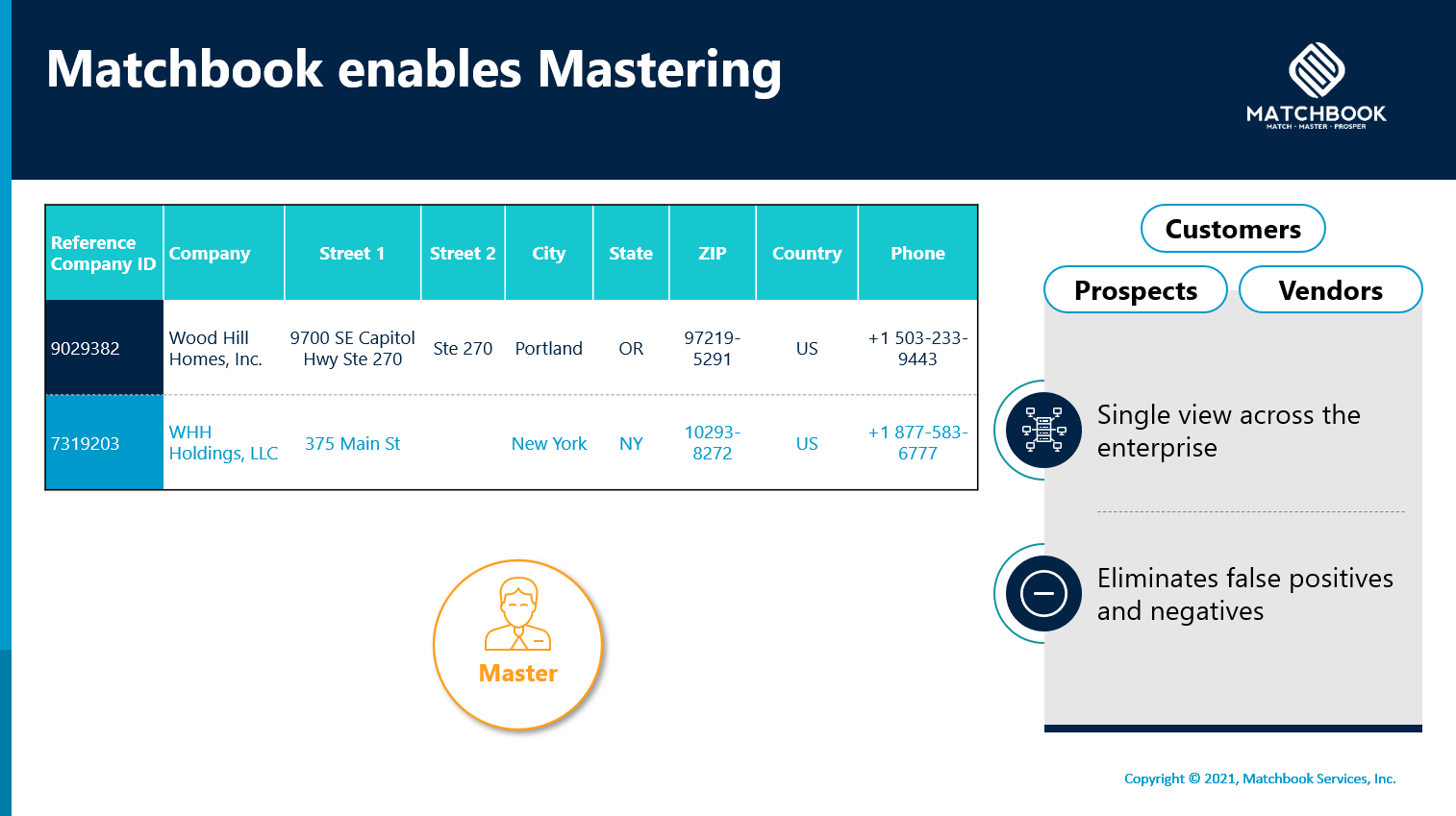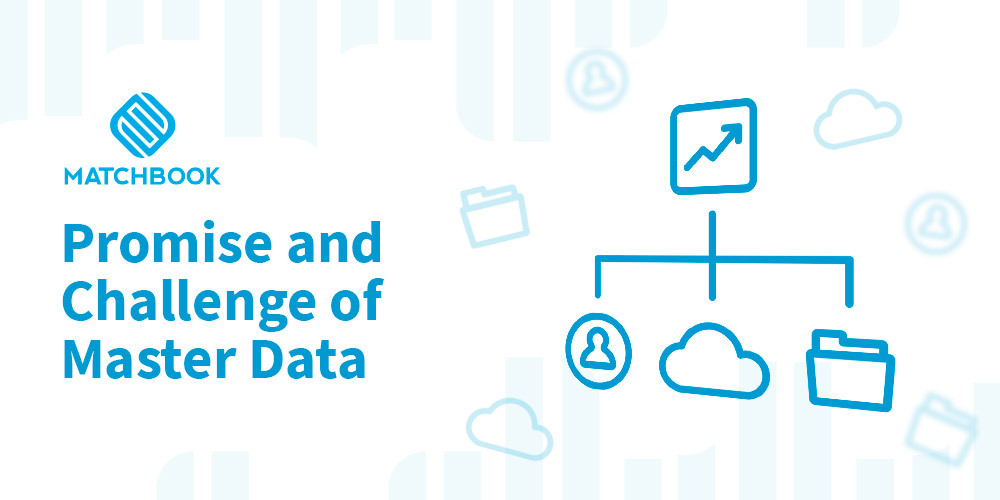One of the biggest promises of BI and Analytics over the past three decades has been to deliver valuable insights to aid in making good business decisions. However, for most organizations that promise falls far short of expectations, despite large investments in tools, solutions, people, processes, and data. Companies are challenged to derive any meaningful insights from poor quality data and the frustrations associated with the inability to access in real-time these valuable metrics to make key operational decisions.
Make no mistake, companies are spending millions of dollars to solve these data challenges, data quality and real time access, to gain a competitive edge. The longer it takes for companies to produce meaningful solutions, the more fragmented the efforts become, with individual teams and departments implementing some localized solution to solve for their immediate needs. This leads to much higher costs, while at the same time, preventing the value of these investments to be fully realized throughout the enterprise.
Conventional Master Data Management solutions are not a solution as they often require a massive synchronization of governance, processes, and data across teams and departments, while wrestling away valuable control from the very same teams and departments with domain expertise/working knowledge /meaningful use of the data. Additionally, MDM (Master Data Management) solutions are often plagued with imperfect mastered data, that completely overrides an individual group’s needs (lack of intent). This tug of war leads to resistance from individual groups, and results in failed or incomplete MDM implementations.
MDM providers like SAP are realizing the need for distributed governance and the critical role it plays in driving successful MDM outcomes. At Matchbook, we have always believed that the most successful way to achieving “mastered data” at enterprise scale is to empower individual teams and departments through distributed control with enterprise governance and integrations.
Furthermore, in our experience with large enterprises for over 20 + years an effective and surprisingly simple way to master data across an enterprise is by tapping into the power of referential data sources to connect your data to common identifiers such as the DUNS (Data Universal Numbering System) Number.
The ability to tap into commercial sources of verified data such as Dun & Bradstreet, Experian, and others, can be a valuable way to accurately “master” data such as accounts, customers, and vendors locally. An additional benefit is the ease of integrating and mastering that data across the enterprise with rapid speed.
For example, if all your CRM (Customer Relationship Management) and ERP (Enterprise Resource Planning) systems match to and use the DUNS Number as their common company identifier, then you can easily use the DUNS Number as the enterprise mastering key to master the data across all these systems. This approach also allows you to bypass typical match and merge processes in various data cleansing/de-duplication/MDM tools that typically yield false positives and negatives, leaving a lot of valuable data unused.
Here are some data examples to illustrate why the typical MDM match-merge processes yield false positives and false negatives depending on how stringent or lax your data mastering rules are.

In this slide, you can see the top 6 records that a typical de-duplication solution could consolidate into 3 or 4 separate companies due to different addresses/names/etc. If you end up loosening the rules too much, you may end up with merging the 7th record to yield a false positive. In the example above, when you can match the records individually to a commercial data providers referential dataset, you would be able to resolve the top 6 companies to the same company id. You can do this, since the names and addresses all belong to the same company: even when some of those addresses are old or alternate addresses. This is possible due to deep matching. By matching each record individually, you can match the record to the correct Business Identifier that can be used to master the data.

The advantage to this approach is that individual data owners/groups can own the task of matching their own data to a referential identifier adopted across the organization, without losing the intent of the data to make business /operational decisions. Furthermore, the data flows into an MDM platform that can use the business identifier as the master data key, thus permitting a clean version of the golden record across the organization.

Matchbook AI platform is the “best in class“ matching solution that supports accurate identity resolution against commercial reference sources. In addition to supporting business processes at a department, team, or system level to deliver high quality data at the point of need. Our customer portfolio speaks for itself. Enterprises such as Johnson & Johnson, United Technologies, Travelers Insurance, RedHat/IBM, Autodesk, Mastercard and Google, rely on our platform to accurately match, master, and integrate data across disparate systems and enable them to make sound, timely, and impactful business decisions.
Let us talk with you and show you how getting better data into your platforms and business processes, and your enterprise can help realize the promise and challenge of mastering your data.


